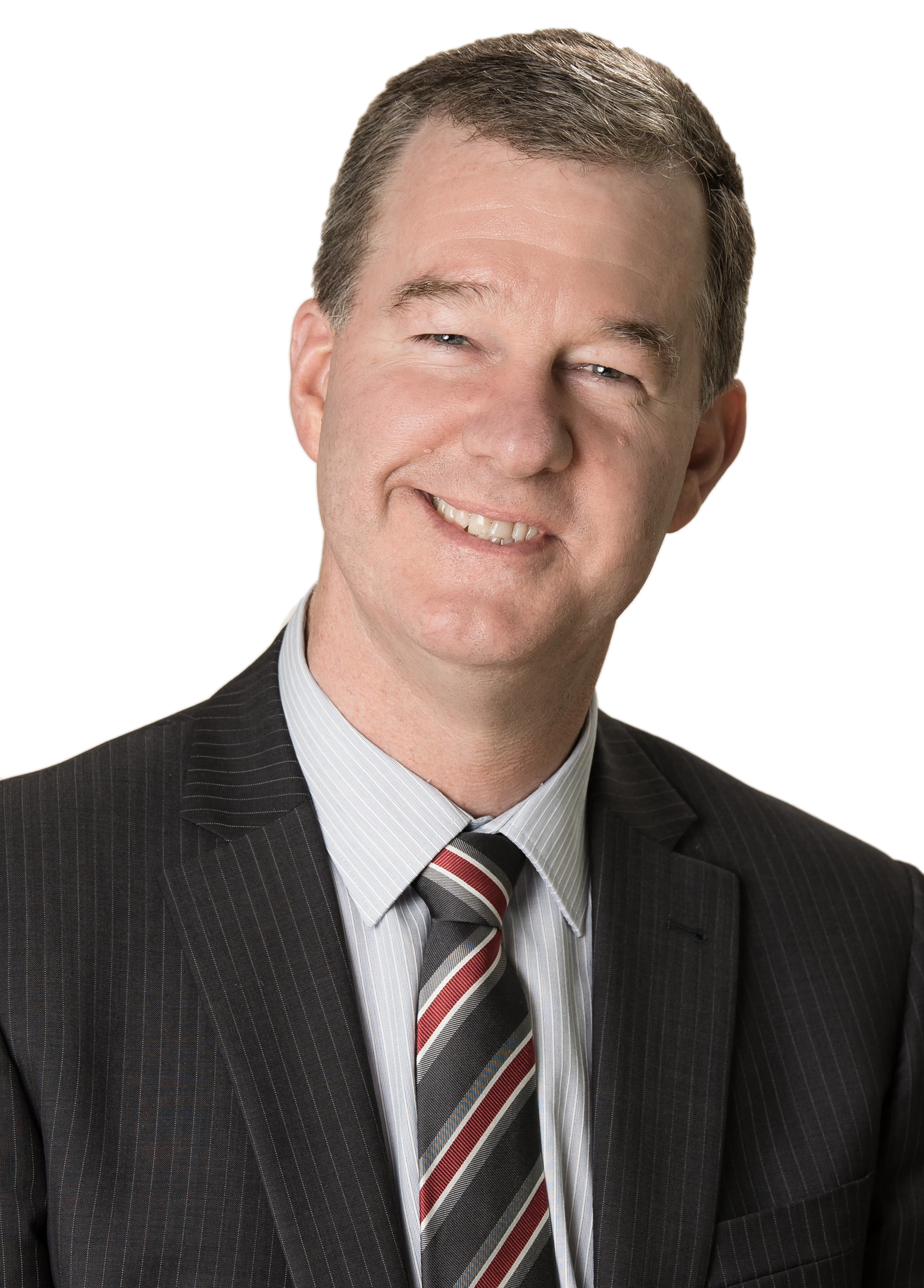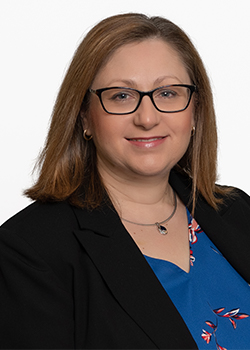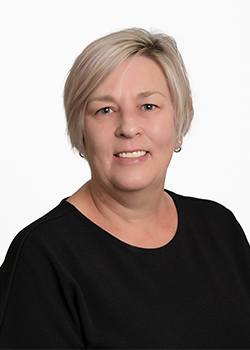Why superannuation fund fees matter

.
A quick internet search of the term “super fees” turned up other questions people ask, including “what fees are charged on superannuation?”, “do all super (funds) have fees?” and “how do you calculate super fees?”.
While highly unscientific, this little experiment illustrates an issue that many Australians grapple with when it comes to trying to understand what fees they are charged on their superannuation investments.
But before we break down the various aspects of fees that you should be aware of, perhaps the more vital point to understand here is why fees matter in the first place.
The short answer is that the fees you pay on your super could have a material impact on how you retire. Analysis by the Productivity Commission found that an increase in fees of just 0.5 per cent can cost a typical full-time worker around 12 per cent of their super balance - or $100,000 - by the time they reach retirement. It is not an insignificant amount and given that it is one of the largest assets you will have in your lifetime, it is really important to understand exactly what you are paying for.
Types of fees
There are different types of fees that make up the overall fee you pay but generally, your total fees comprise of an administration fee, an investment fee and a transaction fee. Another fee that you should be aware of are the costs you incur when you make a contribution to your account, switch between investment options and make a withdrawal. These are costs typically associated with buy/sell spreads incurred for the buying or selling of underlying investments and depending on the fund, are usually deducted from your returns. And while this is not a fee, do note that there are tax implications to consider when making an additional contribution, particularly if you’ve exceeded your concessional limit.
One way of checking what you currently pay is by taking a look at the Product Disclosure Statement (PDS) of your super fund, or by checking your annual statement. You can also use the ATO’s YourSuper comparison tool to compare the fees you’re currently paying against other funds.
Another ‘fee’ or cost to consider is that of insurance premiums, which are typically deducted from your super balance. Most funds automatically provide you with life cover (also known as death cover) and total permanent disability (TPD) while it is an opt-in for others. Some funds also automatically provide income protection insurance while others don’t. Always consider what you need before deciding to keep or cancel your insurance.
Last but not least, another fee you could be charged relates to advice. Your super fund could provide specific types of financial advice if you ask for it, and charge a fee if certain criteria for the provision of advice are met. This fee is non-ongoing (ie charged only when you require the service) and your consent is required before it is deducted.
Comparing like for like
When comparing fees between super funds, it is also important to understand if you are comparing products in the same category. For instance, just like comparing the cost of a bicycle and the cost of a motorcycle would not make sense even though both are vehicles that can get you from point A to point B, comparing fees of products from different categories would not be meaningful.
If you are currently invested in an Australian equities fund, comparing the fees you’re paying with another fund’s cash investment option is unlikely to be useful. Rather, assessing fees between funds that have similar investment styles and asset allocation mixes would be closer to a like for like comparison.
Is it right for you?
While knowing how much you’re paying for a fund is important, knowing what you’re paying for and whether it is right for you is even more so. While the fees of a fund mostly invested in equities (typically labelled a High Growth fund) might be low, the risks of investing in said fund might be inappropriate for a member looking to balance income and capital growth because they are transitioning into or already in retirement. Therefore, the discussion around low fees for such a product would likely be moot for this member.
Similarly, looking at the fees of a single sector fund may be a good starting point but if your investment goals and strategy involves investing in a mix of asset classes, then don’t overlook the multiple sets of fees that are incurred when investing in multiple single sector options.
Every dollar contributed to your super is money you’ve worked hard for – that, and the fact that it will likely constitute a large component of your overall wealth and a critical component in funding your retirement, is reason enough to pay more attention to the what, how and whys of super fund fees.
By Vanguard
vanguard.com.au







